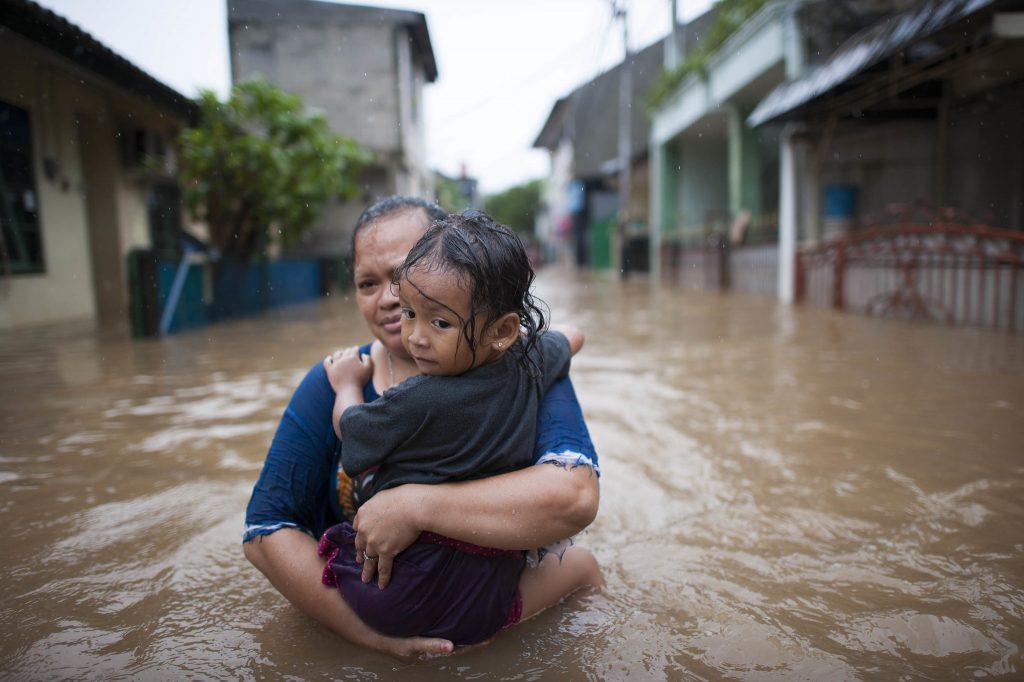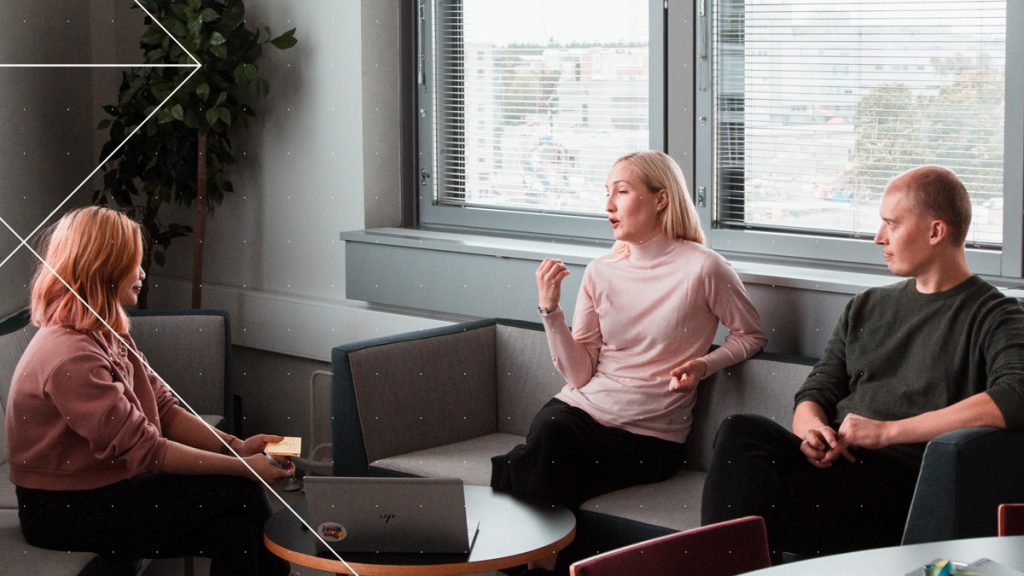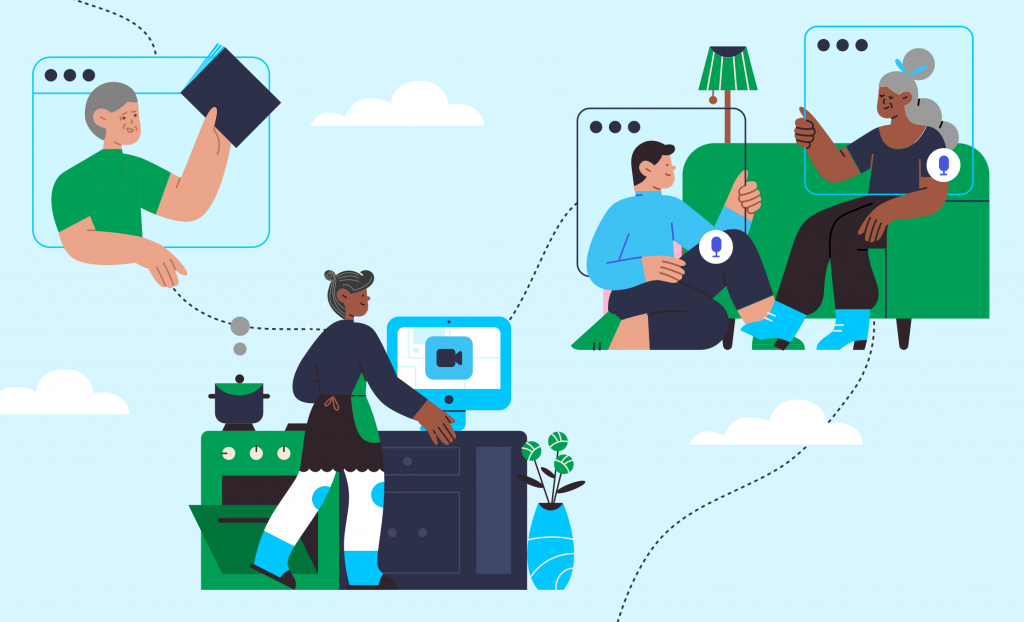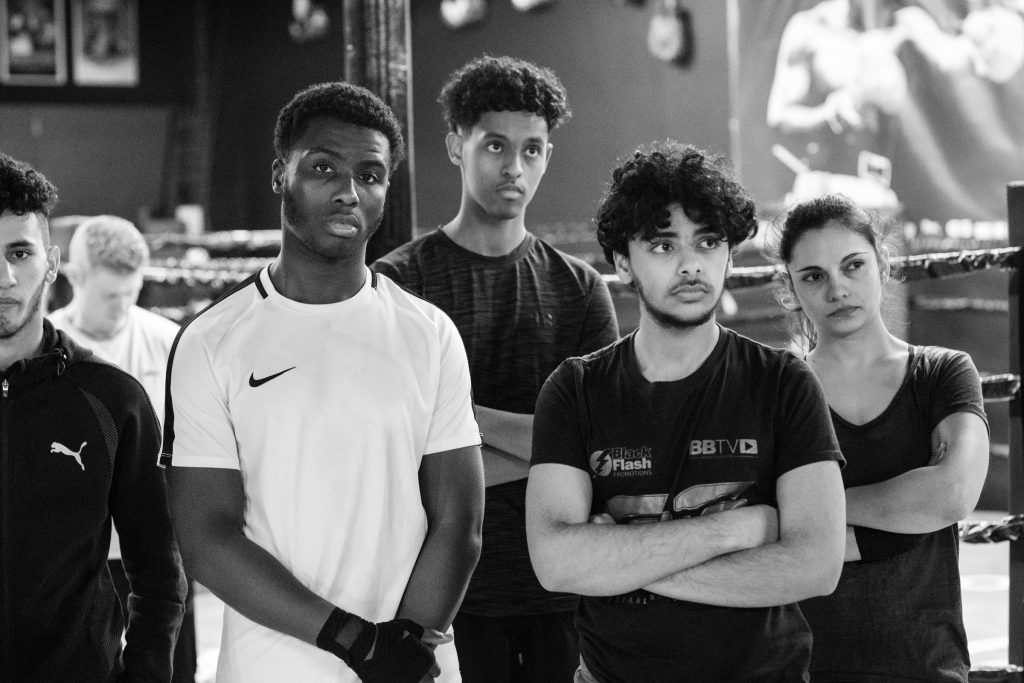Climate change is undermining people’s mental health – it’s time for action

I have spent the last 18 months encouraging effective international responses to COVID-19. I have learned that the coordinated and connected responses needed for responses to global threats are not easily achieved in today’s world. Yet unless nations can find ways to agree on the challenge, combine their responses and work willingly in synergy, success will be elusive.
Building the habit of working together is even more important when tackling climate change and its consequences. This particularly applies when exploring how changing climates affect people’s mental wellbeing.
There is indeed mounting evidence that climate change is affecting people’s minds as well as their bodies. The number who end their lives during extreme weather and climate events is on the increase. Following a climate-driven disaster, cases of psychological trauma can exceed those of physical injury by 40 to 1.
Yet the potent psychological effects of climate change are largely absent from the public and policy discourse. They need to be made tangible and accessible. This is even more important given the expected increase in the extent and severity of extreme weather all over the world.
The issue needs attention now because it has the potential to undermine the lives of millions of people. It needs professional bodies, universities, local authorities, governments and international organisations to act together now. If effective action is delayed, the scale of the challenge will increase sharply, as will the cost of action.
The Climate Cares team from Imperial’s Institute of Global Health Innovation and Grantham Institute has laid bare some of these issues in a major new review, released last week. The review sets out best how to support people whose mental wellbeing is undermined by changing climate. The proposed actions will enable them to live their lives to the full, enjoying good mental health. There is a clear appreciation of who needs to act, and how they should do so. Actions should be implemented with a view to their being adapted to local context and reviewed regularly.
Implementation can be challenging as those most at risk of climate-related mental ill-health often have limited power and agency and are hard to reach. Those who are at risk should be incorporated into any response. As health and social care systems adapt to their specific needs, they will make an even more important contribution to fair, healthy and happier futures for all.
Professor David Nabarro is co-director of the Institute of Global Health Innovation and WHO Special Envoy on COVID-19.
Download the report, ‘The impact of climate change on mental health and emotional wellbeing: current evidence and implications for policy and practice’, by clicking this link.











 It’s estimated that
It’s estimated that 

